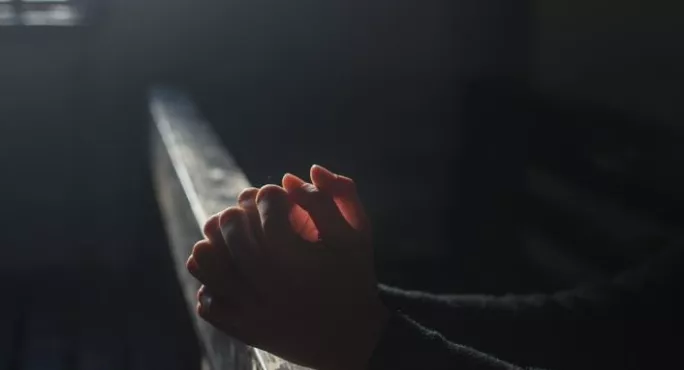Amanda Spielman has rejected claims that Ofsted is pursuing an “anti-faith” agenda in its inspection of religious schools.
The chief inspector told MPs on the education select committee that Ofsted did not inspect faith schools with greater “intensity”, insisting that inspectors took their duty to be fair and objective “incredibly seriously”.
Ms Spielman was responding to concerns from faith communities raised by committee chairman Robert Halfon and Labour MP Ian Mearns.
Mr Halfon said he had received representations from faith bodies suggesting “that Ofsted is now delivering an anti-faith agenda”.
He explained that religious groups were concerned about Ofsted in a way they had not been under previous chief inspectors.
The chairman said concerns included “ongoing comments questioning the wearing of the hijab, the desire to inspect unregistered faith classes, such as Sunday schools, and the proposal that faith schools should be inspected under the new education inspection framework”.
He also told MPs that Ofsted had been accused of “the repeated calling out of faith schools who have not met the standards, while at the same time apparently - apparently, I stress - turning a blind eye to a quarter of state schools which are allegedly failing to deliver religious education, as required by law”.
Mr Mearns said he was aware of concerns within the Orthodox Jewish community in his constituency about the requirement to teach lesbian, gay, bisexual and transgender issues in primary schools.
Ms Spielman said: “We are absolutely not anti-faith, nor do we inspect faith schools in a different way or with a different intensity to any others.”
She added that, in the state sector, inspection outcomes for faith schools were significantly better than non-faith schools.
The chief inspector added: “We are in a country and a time where there are significant tensions between people who have a strong interest in different protected characteristics.
“It is very easy for someone with a particularly strong interest in one of them to come to feel that it is of overwhelming importance and that everything else that is set out in law must be set aside because their particular area of interest is so strong.”
She said this had led to people from some groups believing Ofsted was biased against them.
Ofsted was criticised last year for pursuing “a secularist agenda” following inspections that resulted in a Jewish state school being placed in special measures.
Yesodey Hatorah Senior Girls’ School in north London complained to prime minister Theresa May about the inspection process.
The school had come under scrutiny over its policy of censoring textbooks that showed pictures of women’s knees. Under the policy, references to homosexuality were blacked out - and a photo of Hollywood dance legends Fred Astaire and Ginger Rogers was completely covered.
School principal Rabbi Avrohom Pinter complained that inspectors were “aggressively grilling” and “spent a disproportionate amount of time in the library analysing our approach to texts”.
Ofsted director of corporate strategy Luke Tryl last week called on the Department for Education to do more to support Ofsted in holding schools to account over failure to meet their equalities duties.
He highlighted the case of the Al-Hijrah School in Birmingham, which was found by the Court of Appeal to be discriminating against pupils in contravention of the Equalities Act 2010.
He said the school was enforcing strict gender segregation, denying girls the chance to have lunch until the boys had had theirs, and used “very discriminatory texts encouraging violence against women”.




